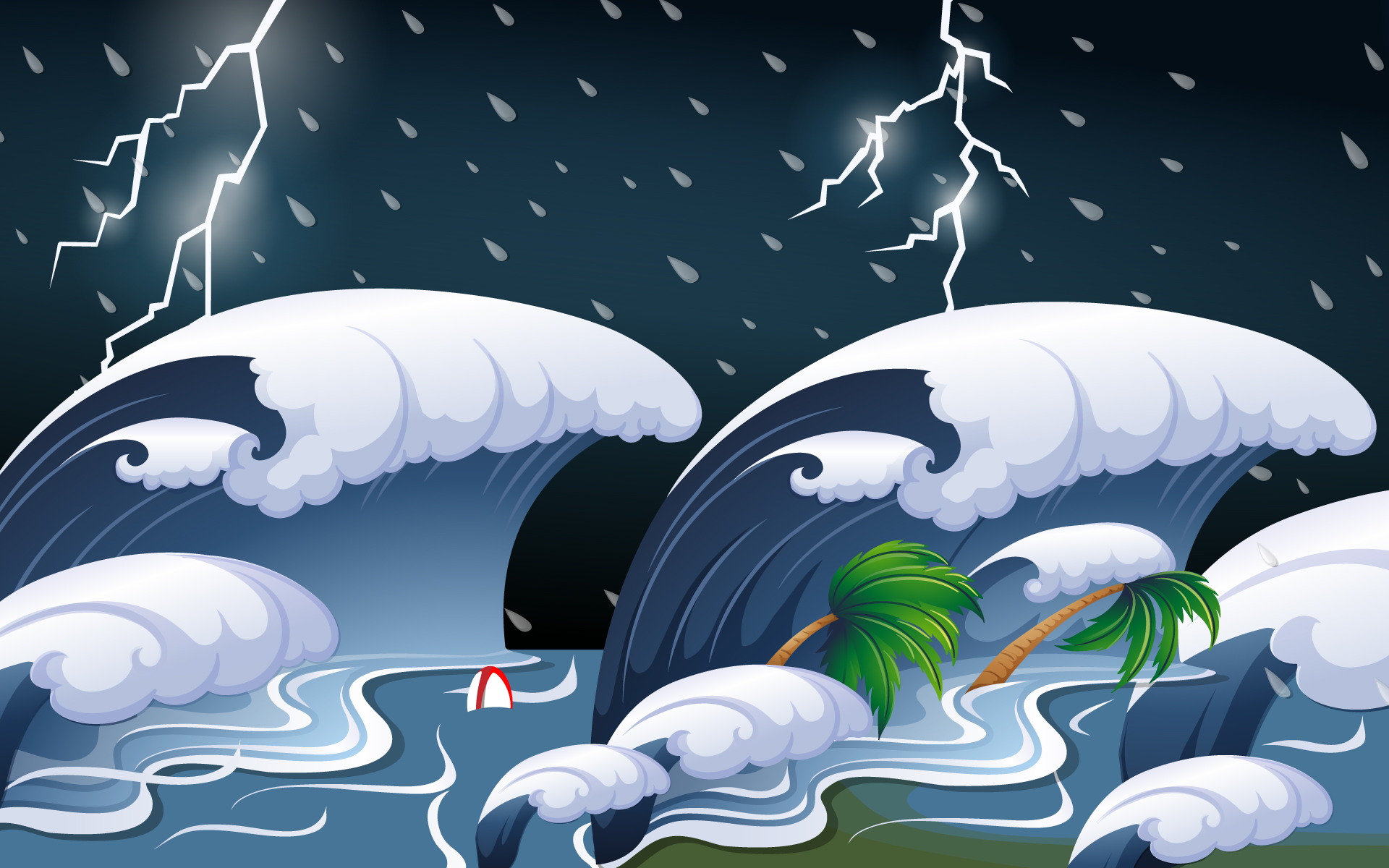It was a match marked by heroism, played in a city famed for its heroic response to a natural disaster. What can Uruguay vs Fiji teach us about the power of the human spirit?
At 2:46pm on March 11, 2011, the northern steel city of Kamaishi was hit by a tsunami that would change it forever. Over 1,000 people died. The town was all but obliterated by waves of over four metres that rolled over a breakwater and through the town, destroying all in its path.
The 570 children at the Kamaishi High School and its next-door neighbour, Unosumai Elementary, gathered at the evacuation point to wait for the next phase of getting to safety. But before a head count could be taken, a teacher told them to run for the hills, to the safety of higher ground before the aftershocks could hit.
Just two of the children died. They called the saving of the children the “miracle of Kamaishi”, the bravery and actions of the teachers the most-talked about story in this town of around 35, 000 north of Tokyo. It is a tale of hope and remembrance, of being able to survive. Of running for your life when you need to.
On the sixth day of the 2019 Rugby World Cup, Uruguay ran at Fiji as though their lives demanded it when they beat the Pacific Islanders in the shock of the tournament. That they did this and put on a match of passion, skill and determination at the Kamaishi Recovery Memorial Stadium, built on the site of the two schools, will be remembered for years as perhaps the most glorious and fitting day in World Cup history.
Kamaishi is a symbol of Japan’s recovery and rebirth from the Great East Japan Earthquake that caused the tsunami that destroyed the city and devastated the country. Around 20 000 died, cost Japan $300-billion and triggered the nuclear emergency at the Fukushima plant. The stadium is a monument to a city that has risen up from the disaster that all but wiped it out eight years ago.
The local municipality decided to bid to host matches of the 2019 World Cup in 2014. Construction began in 2017 and was finished last year. It is a small stadium, with just 16 000 seats and only 6 000 of those are permanent. On September 25, the entire city, all 35 000 of them, came out to greet the rugby world as it descended on this steel city.
Kamaishi has a rich rugby culture. They once had the most successful rugby club in Japan, Nippon Steel Kamaishi, who ruled Japanese rugby in the 70s and 80s. The team, part of the local steel manufacturer, won the national championship every year between 1979 and 1985, before they gave the team to the local community.
The Kamaishi Seawaves are unique in that respect as they belong to the city and not a corporation. It is a team off the people, and after March 2011, they listened to the will of the residents and got back to playing as soon as they could. The people and the city needed a sense of normality and a symbol that they could rise and replenish.
The Kamaishi locals were effusive in their welcome and gratitude for what the World Cup has brought. Rugby journalists have been stopped in the streets and thanked by the inhabitants. Rugby and this World Cup has helped speed up the rebirth and rebuilding of the city.
“It’s not just that the people are happy to have the World Cup here,” the manager of the Seawaves, Yoshihiko Sakuraba, told the Guardian. Yoshihiko played for Kamaishi in the 80s. “It’s that they want to thank the world for all the support and aid they gave us after the tsunami. These World Cup matches are their way of giving back.”
There was a moment of silence for the victims of the tsunami before Uruguay played Fiji. There were tears and prayers, and some may have repeated the words carved into the black granite stone on the tsunami memorial. “Just run! Run uphill! Don’t worry about the others. Save yourself first. And tell the future generations that a tsunami once reached this point and those who survived were the ones who ran uphill. So run! Run uphill!”
Kamaishi will host one more World Cup match. Namibia will take on Canada on October 13. Canada are expected to win, but as Uruguay showed, this is the city of miracles. Africa may have another winner on that day.

Leave a Reply